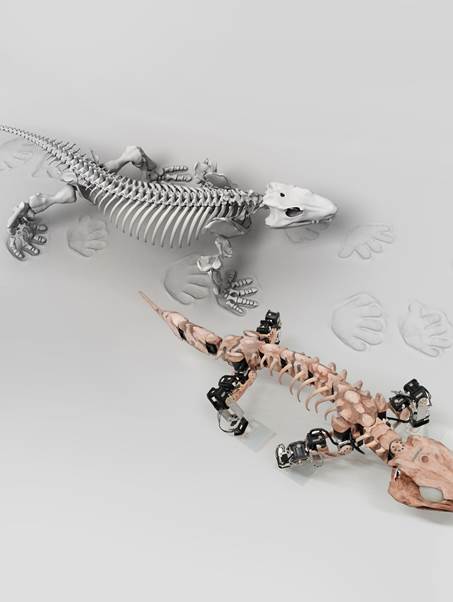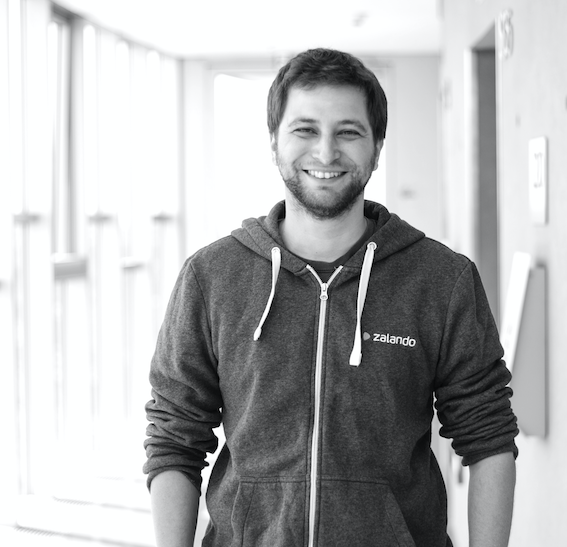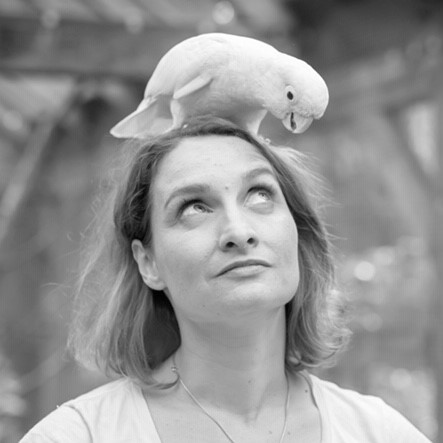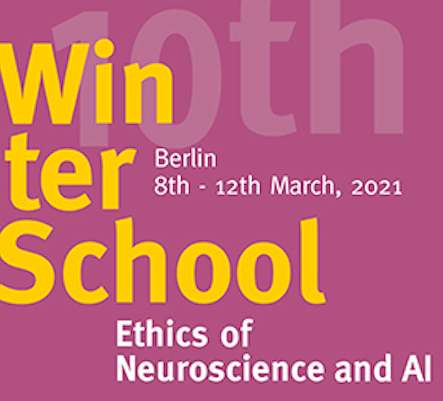Michael Pauen
On ZOOM (Contact communication@scioi.de for link)BIO: Michael Pauen is a philosopher with a focus on the philosophy of mind. As the academic director of an interdisciplinary graduate school, he has extensive experience in interdisciplinary research and training. Having a specific interest in philosophical and psychological aspects of human sociality, he will focus on social intelligence both in humans and in
















